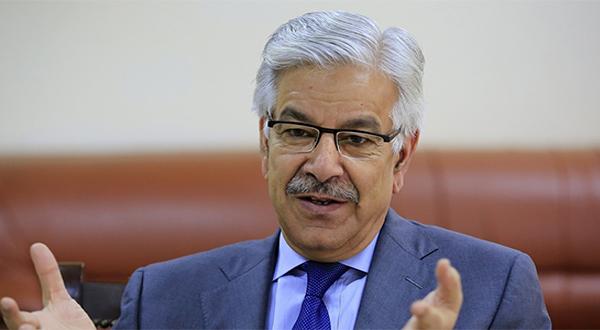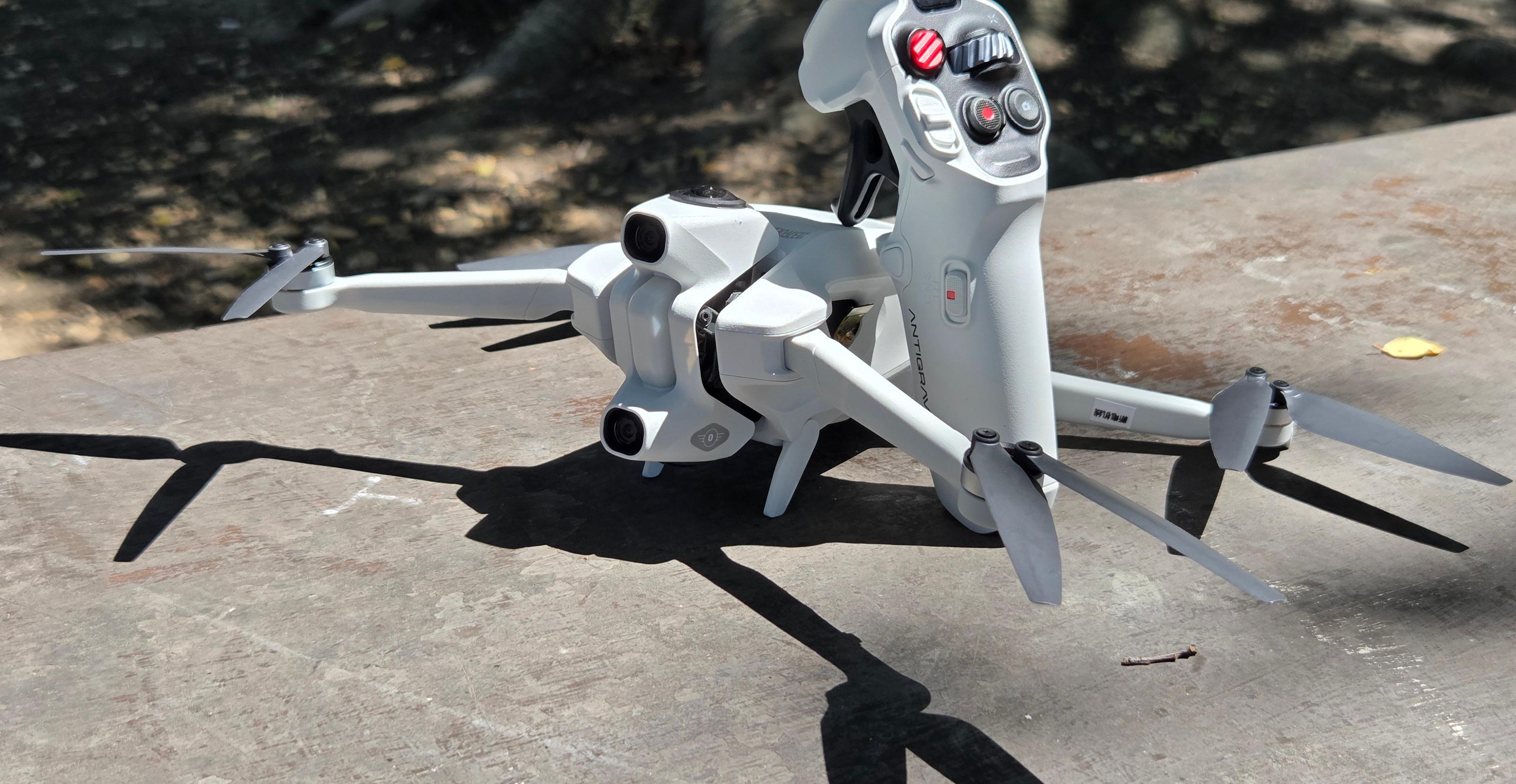Electronic voting machine.....Who will be answerable?
In most countries of the world, governments are formed through elections. Political leaders around the world also question the electoral process. In such a situation, continuous efforts are made to conduct elections in a transparent manner.

All the elections held in the motherland till date have always been termed as rigged by the Opposition. Only the 1970 elections is said to have been somewhat transparent. Prime Minister Imran Khan has been carrying the slogan of clean and transparent elections from the very beginning. Even after winning the 2018 general elections and taking the oath of office, he always vowed to change the country's outdated system by carrying out electoral reforms. That is why the PTI government wants electoral reforms, the right to vote for Pakistanis abroad and the use of electronic voting machines in the next elections.
According to the government, the electronic voting machine (EVM) is the ultimate way to make the election process transparent, but the opposition is calling it a new tactic of rigging. In such a situation, shelling, squabbling and bitter rhetoric continue on the political front from both sides. The matter came to a head in the Senate Standing Committee meeting on Friday last when minister Azam Swati accused the Election Commission of rigging the elections by taking money. Being a little more emotional, the minister also talked about setting the Election Commission on fire. However, in the absence of government members, the committee rejected the electronic voting machine and i-voting bill for Pakistanis abroad.
However, this is not the end of the story. The PML-N got a glimpse of the statement setting the Election Commission on fire and termed it as a reflection of "Hitler's thinking". The PML-N is of the view that the government is handing over the record of voter lists from the Election Commission to NADRA so as to pave the way for rigging. Federal Minister for Information Fawad Chaudhry responded by declaring the Election Commission as the headquarters of the Opposition. Referring to his closeness to Nawaz Sharif, he not only expressed distrust in the Chief Election Commissioner but also advised him that if he was so fond of politics, he should resign and enter politics and contest elections. According to Federal Minister for Information and Broadcasting Fawad Chaudhry, the opposition lacks the ability to think and understand. He alleged that the opposition has no concern for the country and the nation, the opposition sees nothing but their own interests.
PPP Chairman Bilawal Bhutto Zardari condemned the attacks on the Election Commission by the government and reiterated his commitment not to allow rigging in another election. How EVM works, Federal Minister for Science and Technology Shibli Faraz has demonstrated on various TV channels. He challenged the hackers to hack the EVM and told them to come and hack the machine. Federal Minister Shibli Faraz also announced a reward of Rs 1 million for hacking the machine. On the other hand, the "Pakistan Democratic Movement" (PDM) has made it clear from its platform that electronic voting machines will not be used under any circumstances. According to the PDM, this is a fraudulent plan and is set to replay the July 25, 2018 action. In all this rhetoric, the center of criticism of the government is the opposition as well as the Election Commission. The Election Commission is of the view that the election should not be decided in a hurry through electronic voting machine. So far no procedure has been fixed for biometric verification of voters through this machine.
On the other hand, if you look at the facts, only 8 out of 167 democracies in the world have electronic voting, while 9 countries, including Germany, Ireland, the Netherlands and Norway, have started using electronic voting. Of Germany's constitutional court has overturned the practice on the grounds of lack of transparency, while other countries have reverted to the old method due to security, hacking and other concerns. Pakistan is a country where a large number of voters are illiterate. Can they be taught to use these machines in such a short period of time? In the service of those who cite the example of neighboring India in this regard, let us submit that electronic voting machines were first introduced in India in 1982 on an experimental basis at 50 polling stations in a constituency of the state of Kerala and then, after 22 years of hard work, training, experience and expertise, it was fully utilized in the 2004 Lok Sabha elections.
According to former Indian Chief Election Commissioner Manohar Singh Gul, Election Commission officials used to carry electronic voting machines at bazaars and intersections to teach people how to practice them. In the Netherlands, for example, voting machines began to be used in the 1980s and were widely used in the 1990s. "95% of Dutch voters knew how to use these machines," he said. Security and the ensuing elections were called into question. In 2006 a movement was started in the Netherlands called "We Do Not Trust Voting Computers". Interestingly, the movement was not started by a political party but by the Netherlands' first Internet server provider and other computer experts. The Dutch parliament set up commissions of inquiry into the move, and finally, in 2007, based on the reports of these commissions, the use of electronic voting machines was abandoned.
According to political observers, one of the main reasons for the growing differences between the government and the opposition over EVMs is that Prime Minister Imran Khan and his associates believe that overseas Pakistanis should have a way to exercise their right to vote. In that case, more than 70% of the nearly 7 million overseas voters will cast their ballots and with the help of these votes, they will easily be in a position to form their own government for the next 5 years. On the other hand, the opposition termed Prime Minister Imran Khan as "selected" and accused him of managing the election results in any constituency through electronic voting machine, which would make it much easier for influential constituencies.
Perhaps that is why the opposition, despite all its differences, seems united and determined to block the path of the electronic voting machine. This opposition is not becoming a strong voice for the people on basic public issues including inflation, health, employment and business, despite the fact that the PTI government has been facing difficulties on all these fronts. Electoral reform will only be possible through legislation for what the next election will look like. Judging by the rhetoric of the government and the opposition parties, it seems that the political temperature will rise in the days to come!











